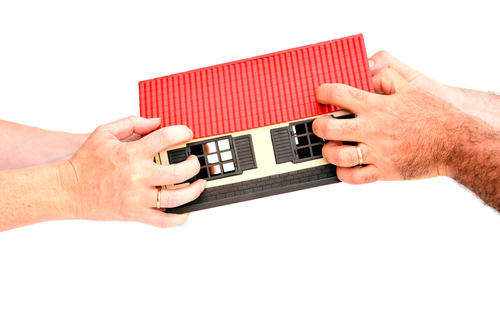Negotiating Community Property Settlements
 When a couple is going through the divorce process, they may not agree about issues related to community property. Mediation and arbitration are two alternatives to litigation that allow the parties to reach a resolution to these issues. While the process for them are different, mediation and arbitration are often much cheaper than trying to sort out the issues through litigation. They are also cheaper than litigating the case. Some issues related to community property may be:
When a couple is going through the divorce process, they may not agree about issues related to community property. Mediation and arbitration are two alternatives to litigation that allow the parties to reach a resolution to these issues. While the process for them are different, mediation and arbitration are often much cheaper than trying to sort out the issues through litigation. They are also cheaper than litigating the case. Some issues related to community property may be:
The Identification of Community Property
The spouses may not agree as which property is community property. The spouses may not agree about when property was acquired, with one believing that it was acquired before the marriage and the other thinking it was a joint purchase. One spouse may argue that the property was purchased with separate funds and not subject to community property principles. A mediator can help the parties determine which property should really be at the heart of the dispute. An arbitrator may be more interested in evaluating proof regarding the purchase date to determine a fair solution.
Morphing Community Property
Community property may change in time when the couples move from a community property state to an equitable distribution state or vice versa. A mediator can explain how the state has resolved similar issues in previous cases to give the parties a better idea about the strengths of their claims. An arbitrator can apply the law to determine how to classify the property.
Division of Community Property
The parties may be at odds about how to divide the community property, especially when dealing with assets of more value. One party may want to sell the property while the other wants to retain it. Mediators and arbitrators can help flesh out these issues and help the parties find a resolution.









